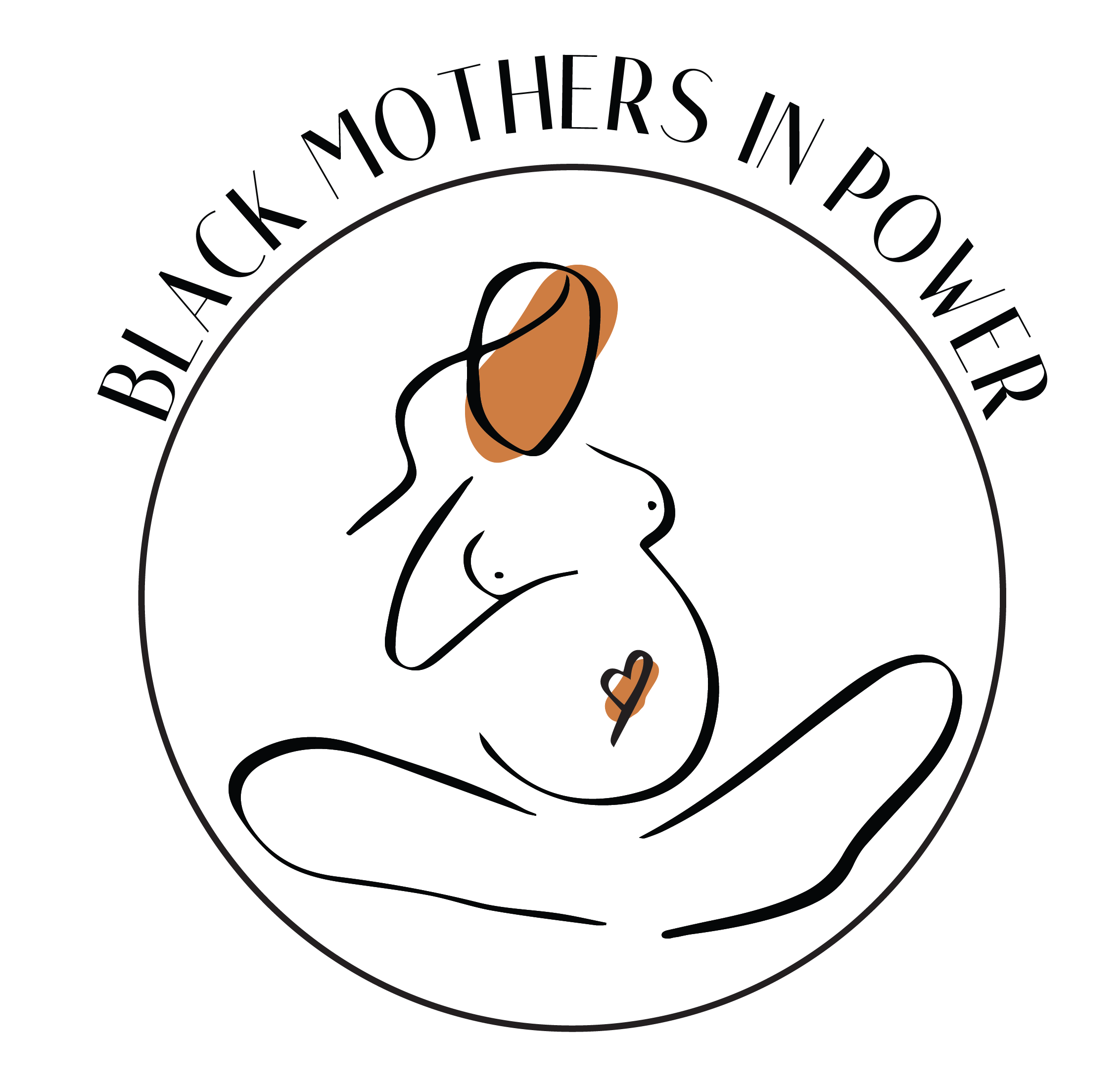BMIP BIRTH CENTER CAPITAL CAMPAIGN
Black Mothers in Power is on a mission to create a safe and culturally affirming space for Black mothers and families in Wilmington.
Our goal is to raise funds to establish a Birth Center that will provide comprehensive maternity care for Black women and families in the state.
Why is a Birth Center important for Black mothers and families in Delaware?
1. Structural racism: Black women in Delaware are more likely to face the effects of structural racism, including discrimination and bias within the healthcare system. This can result in inadequate access to quality healthcare, lower rates of health insurance coverage, and limited access to prenatal care.
2. Socioeconomic factors: Black women in Delaware are more likely to face economic challenges, including poverty, lack of access to nutritious food, and unstable housing. These factors can contribute to poor maternal health outcomes and increase the risk of pregnancy-related complications.
3. Lack of culturally competent care: Black women in Delaware may not receive culturally competent care from healthcare providers, which can lead to mistrust, lack of communication, and lower quality of care. This can result in delayed or inadequate treatment for pregnancy-related complications.
4. Limited access to prenatal care: Black women in Delaware are more likely to face barriers to accessing prenatal care, including lack of transportation, childcare, and paid time off from work. This can result in missed opportunities for early detection and management of pregnancy-related complications.
5. Unconscious bias: Healthcare providers may have unconscious biases that contribute to disparities in maternal health outcomes for Black women. These biases can impact treatment decisions, communication, and overall quality of care.
A Birth Center provides a holistic and equitable approach to maternity care, focusing on the physical, emotional, and cultural needs of Black mothers and families. It offers personalized care, midwifery-led services, and community support to ensure a positive birthing experience for Black mothers and families in Delaware.
Our vision for the BMIP Birth Center:
A safe and welcoming environment for Black mothers and families.
Comprehensive maternity care, including prenatal, labor and delivery, and postpartum services.
Culturally competent care that honors the traditions and beliefs of Black communities.
Education and resources to empower Black families to make informed choices about their birth experience.
We are excited to share a rendering of the proposed BMIP Birth Center!
Together, we can create a Birth Center that empowers Black women, celebrates Black families, and saves Black lives.
Join us in supporting the BMIP Birth Center Capital Campaign today!
Presently, we have raised $3,221.69 towards our goal of $10,000 to make this vision a reality. Your support is crucial in helping us reach our target and provide Black mothers and families in Delaware with the care they deserve.







